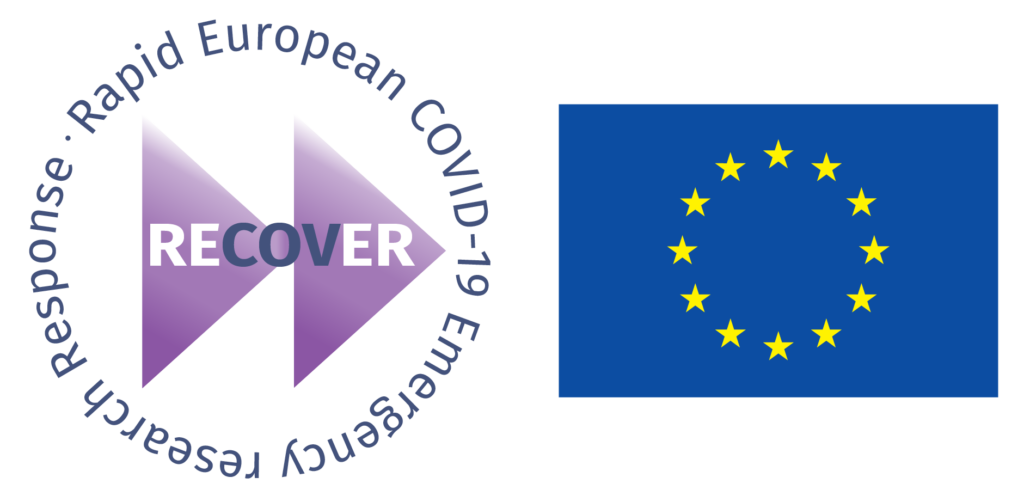22 January 2021
To better understand what working on COVID-19 during the pandemic entails, we have interviewed RECOVER project member Marc Eloit about his role in the project and day-to-day activities.
What is your role within RECOVER/in the COVID-19 pandemic and what it entails?
I am the head of the Pathogen Discovery Laboratory at Institut Pasteur where we try to discover new viruses that are responsible for emerging diseases in Europe and South-East Asia. This is done by investigating interfaces between animals (arthropods and wild life) and the human population, in order to identify viruses that start to circulate silently, even before they are detected. When COVID-19 emerged, it immediately drew our attention as antibody tests to detect the new virus had to be developed very rapidly, which is routinely done for new viruses in the lab.
Could you tell us a little bit about the project/work you’re involved in?
With the LIPS (Luciferase Immunoprecipitation System) test, we were able to develop antibody tests against different proteins of the virus and to investigate the antibodies responses post-infection. In a second phase, we developed a similar test for all seasonal coronaviruses, in order to look more closely at the relationship between infection with seasonal coronaviruses and infection with the new Sars-Cov-2 virus.
What is the expected impact of the work you’re doing?
Our work had an impact in two different phases of the COVID-19 pandemic. In the first phase of the crisis, we were able to provide rapid information on the circulation of the virus. With Sars-Cov-1, we knew that most, if not all people infected had symptoms. This is not the case with Sars-Cov-2. We also observed that people with mild or no symptoms developed a mild antibody response while people with severe symptoms had a strong antibody response.
In the context of COVID-19, what are some of things you’ve found surprising to work with?
What positively surprised me was the enormous willingness to work together and share data. What I found difficult, however, was gaining access to samples. There are a lot of regulations and although the processes have been accelerated, the reality is that this is still quite challenging.
Do you have any lessons to share for the future?
The big lesson is that what we do on a daily basis is very important to pave the way for better controlling new emerging viruses. We have the technology to detect new viruses, to develop diagnostic tools, and to make vaccines very quickly. With these tools, we can act quickly when a new virus is detected.
About Marc Eloit

Marc Eloit is Professor of Virology at the Veterinary School of Maisons-Alfort and the head of the Pathogen Discovery laboratory at Institut Pasteur Paris, which is using Next Generation Sequencing as a routine method for discovering new viruses in human patients and animal reservoirs. He has been a member of the Virus Safety Committee, French Agency of Medicinal Products (1992-2012). He has served as a consultant to many companies on the field of virus safety of biologicals. He founded in 2010 Pathoquest, a spin-out of Institut Pasteur dedicated to the identification of pathogens using untargeted Next Generation Sequencing. He has been its CSO till the end of 2016 and acts currently as a scientific advisor for the company.
